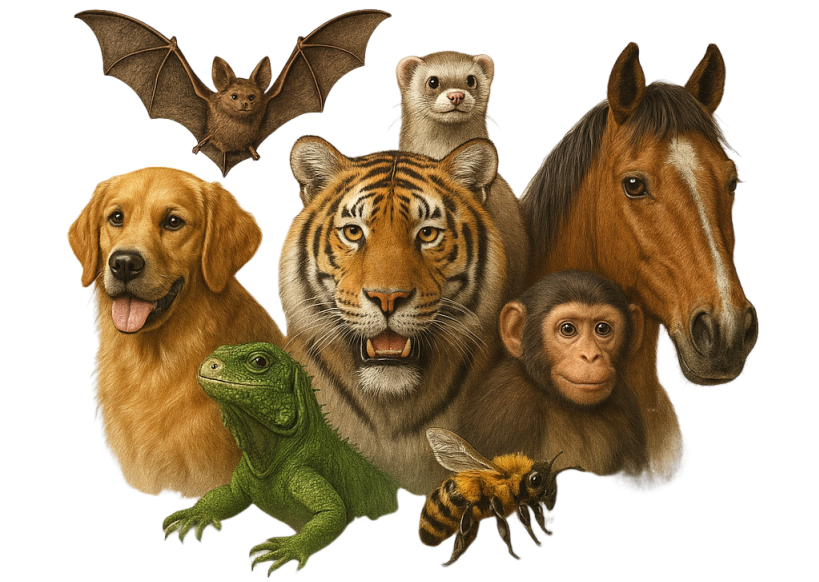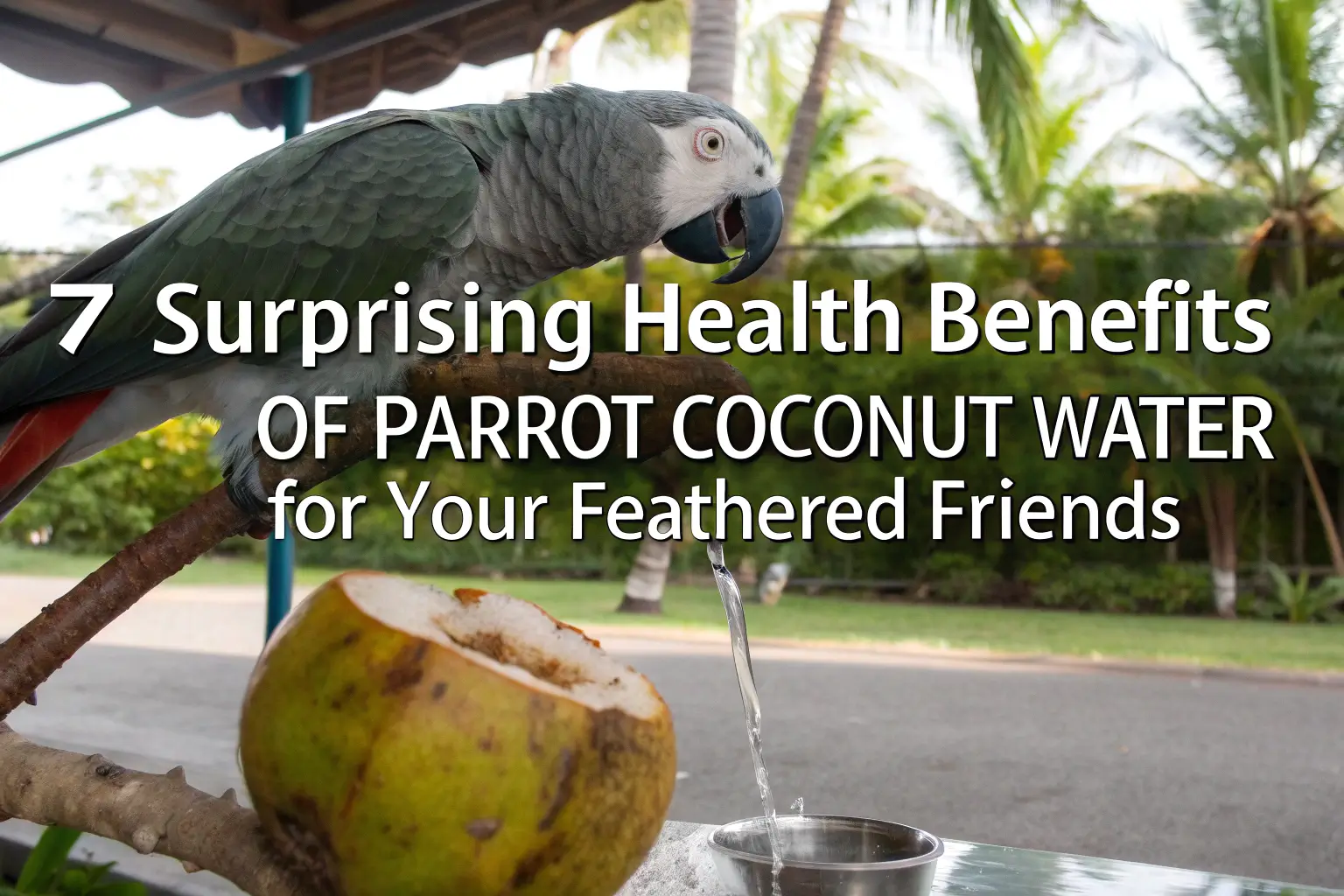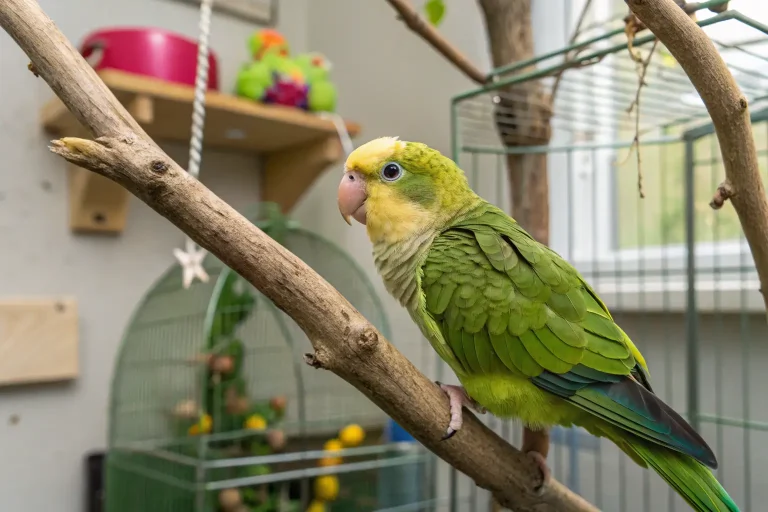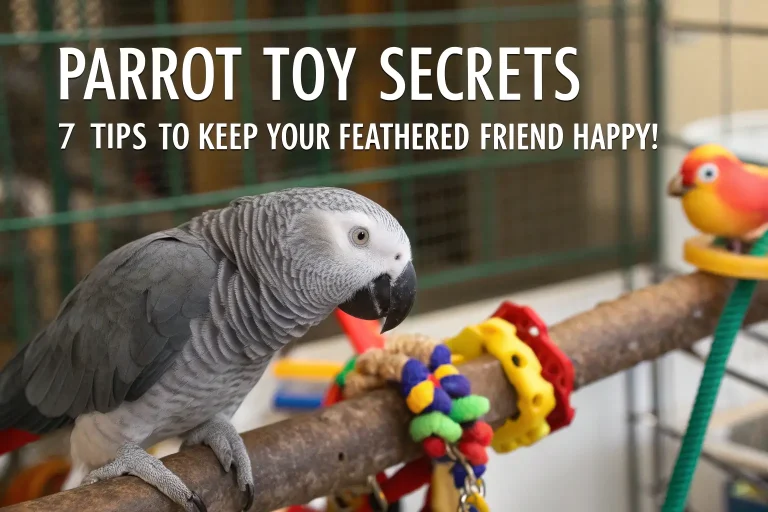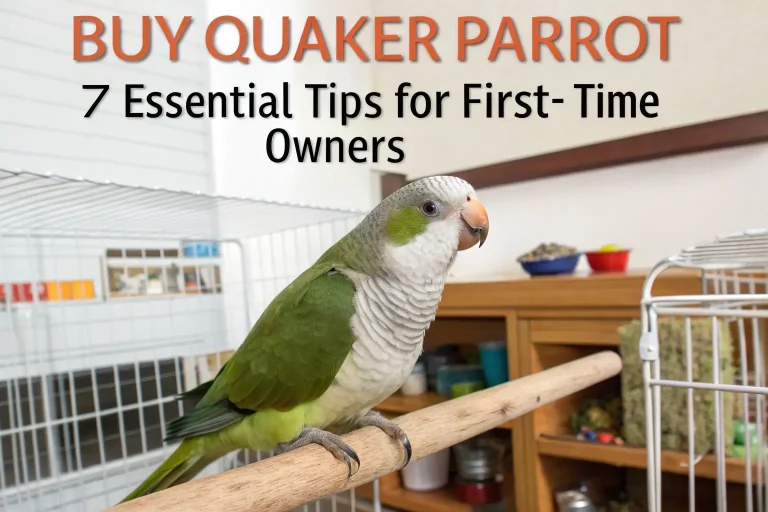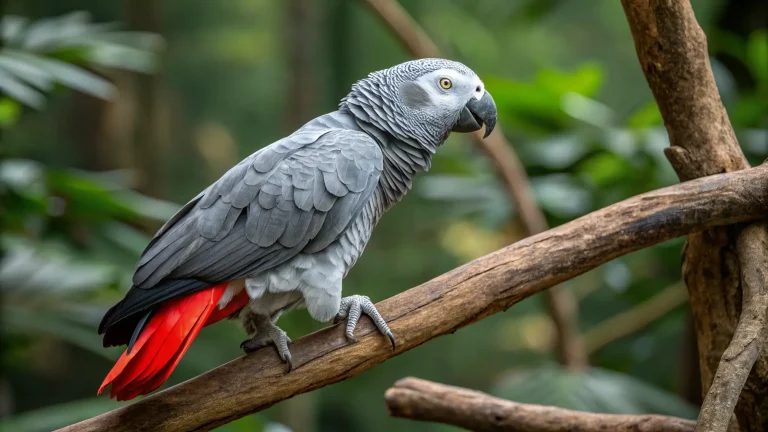7 Surprising Health Benefits of Parrot Coconut Water for Your Feathered Friends
Introduction
Parrots, with their vibrant plumage and remarkable intelligence, have captivated humans for centuries as beloved companions. Like all living creatures, these fascinating birds require proper hydration to maintain optimal health. While clean water remains a staple in their diet, parrot coconut water has emerged as a nutritional powerhouse that can significantly enhance your feathered friend’s wellbeing.
Coconut water, the clear liquid found inside young, green coconuts, has gained tremendous popularity among health-conscious humans in recent years. What many parrot owners don’t realize is that this natural beverage offers similar—if not greater—benefits for their avian companions. Rich in electrolytes, vitamins, and minerals, parrot coconut water provides a refreshing alternative that can address multiple aspects of your bird’s health.
Did you know that wild parrots in tropical regions naturally seek out and consume coconut water? This instinctive behavior hints at the evolutionary relationship between parrots and this nutrient-dense liquid, suggesting that something in their biology recognizes its value.
Species Overview
Scientific Name: Parrots belong to the order Psittaciformes, which includes approximately 398 species across multiple families.
Physical Characteristics: Parrots typically range from 3.5 to 40 inches in length, depending on the species. They’re known for their curved beaks, zygodactyl feet (two toes pointing forward and two backward), and vibrant plumage that can include every color of the rainbow. Many species also possess remarkable cognitive abilities and can live several decades.
Subspecies: From the tiny Buff-faced Pygmy Parrot to the majestic Hyacinth Macaw, the parrot family includes diverse species such as Amazons, African Greys, Cockatiels, Budgerigars, Cockatoos, Conures, and Lories—each with unique hydration and nutritional needs that parrot coconut water can help address.
Habitat and Distribution
Natural Habitat: Most parrot species originate from tropical and subtropical regions where coconut palms naturally grow, explaining their biological compatibility with coconut water. They inhabit rainforests, savannas, scrublands, and mountainous regions, depending on the species.
Geographic Range: Parrots are native to six continents, with the greatest diversity found in South America, Australia, and Southeast Asia—all regions where coconuts are abundant in the wild.
Adaptations: Parrots have evolved sophisticated digestive systems capable of processing a wide variety of foods, including fruits, seeds, nuts, and natural plant liquids like parrot coconut water. Their metabolism requires consistent hydration, which makes coconut water’s electrolyte-rich composition particularly beneficial for their physiological needs.
Diet and Feeding Habits
What They Eat: Wild parrots consume fruits, seeds, nuts, berries, blossoms, and occasionally insects. In captivity, their diet should mirror this diversity through high-quality pellets, fresh vegetables, fruits, and appropriate natural supplements like parrot coconut water.
Foraging Behavior: In nature, parrots spend up to 70% of their day foraging for food, using their powerful beaks and dexterous tongues to extract nutrients from various sources. When offering parrot coconut water, providing it in ways that encourage natural foraging behaviors can enhance both physical and mental wellbeing.
Dietary Needs: Parrots require balanced nutrition including proteins, carbohydrates, fats, vitamins, minerals, and consistent hydration. Parrot coconut water addresses several of these needs simultaneously, making it an excellent dietary supplement.
7 Health Benefits of Parrot Coconut Water
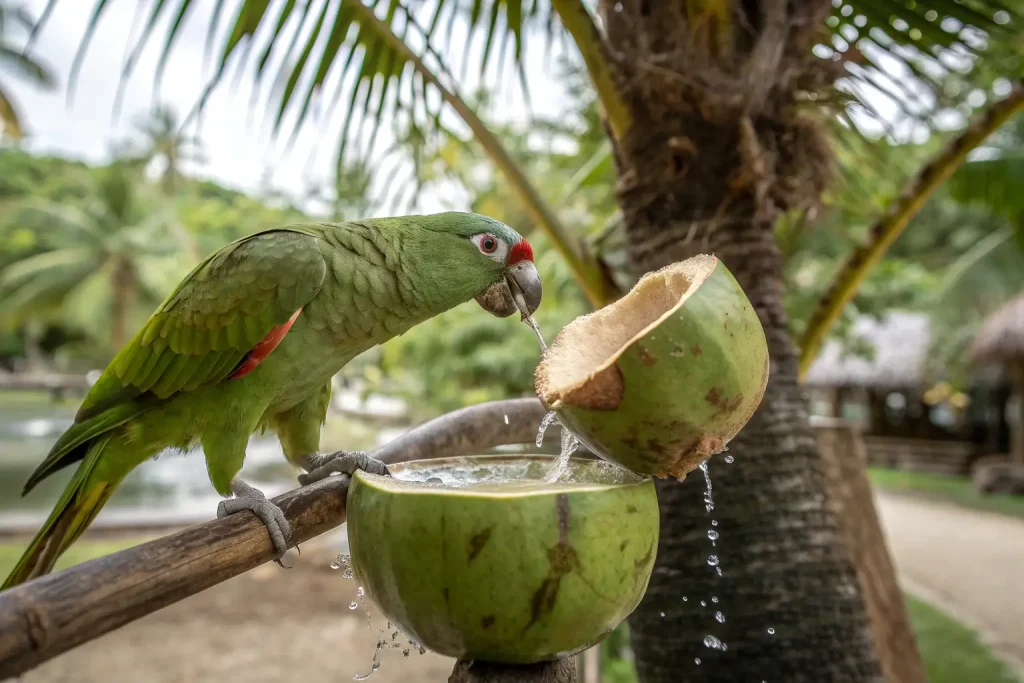
1. Superior Hydration and Electrolyte Balance
Parrot coconut water contains a natural balance of electrolytes including potassium, sodium, calcium, and magnesium—closely resembling bird plasma. This makes it exceptionally effective at hydrating parrots, particularly during hot weather, illness, or after exercise. Unlike commercial electrolyte solutions, parrot coconut water provides these minerals in their natural state, making them more bioavailable for your bird’s system.
Dr. Maria Rodriguez, an avian veterinarian, notes: “Dehydration is a common but often overlooked issue in captive parrots. The electrolyte profile of coconut water can help maintain proper fluid balance more effectively than plain water alone.”
2. Kidney and Liver Support
The potassium content in parrot coconut water—approximately 600mg per cup—supports optimal kidney function by facilitating toxin elimination and maintaining proper cellular fluid balance. This can be particularly beneficial for older parrots or those with early-stage kidney issues.
Studies in other animals have shown that regular coconut water consumption may help prevent kidney stones and support liver detoxification pathways—benefits that likely extend to parrots as well. The cytokinins found in parrot coconut water have also demonstrated anti-inflammatory effects that can protect these vital organs.
3. Immune System Enhancement
Rich in antioxidants, parrot coconut water contains compounds that help neutralize harmful free radicals in your bird’s body. The presence of vitamin C, along with other antioxidants like shikimic, p-coumaric, caffeic, and ferulic acids, contributes to immune system strengthening.
“The immune-boosting properties of coconut water can be particularly valuable during seasonal changes or times of stress when birds are more susceptible to illness,” explains avian nutritionist Dr. Kevin Thompson.
4. Improved Digestive Health
The natural enzymes present in fresh parrot coconut water support digestive processes and nutrient absorption. These bioactive compounds can help break down food more efficiently, potentially reducing digestive discomfort and promoting better overall gut health.
Additionally, the trace fiber content acts as a mild prebiotic, supporting beneficial gut bacteria that are essential for optimal avian digestive health. This can be particularly helpful for species prone to digestive sensitivities, such as African Greys and Amazons.
5. Feather Growth and Conditioning
The trace minerals in parrot coconut water, including zinc and manganese, play vital roles in keratin production—the primary protein in feathers. Regular supplementation may help support healthier, more vibrant plumage, especially during molting periods when nutritional demands increase.
Many bird owners report noticeable improvements in feather condition and reduced feather-picking behaviors when incorporating parrot coconut water into their pets’ diets. The hydration benefits also help maintain proper skin moisture, which supports feather health from the base up.
6. Energy Metabolism and Vitality
The natural carbohydrates in parrot coconut water provide clean energy without the sugar spikes associated with fruit juices or artificially sweetened treats. This sustainable energy source is particularly beneficial for active parrot species like Conures and Macaws.
The B-vitamins present in coconut water also support energy metabolism at the cellular level. Many bird owners notice increased activity levels and more consistent energy throughout the day when their parrots regularly consume coconut water as part of their diet.
7. Stress Reduction and Mood Regulation
Perhaps surprisingly, parrot coconut water contains compounds that may help regulate stress response in birds. The magnesium content plays a role in nervous system function, while the overall mineral balance supports brain health and cognitive function.
Behavioral experts have observed that well-hydrated birds with balanced electrolytes generally exhibit fewer stress behaviors such as screaming, feather plucking, and aggression—problems that are common in captive parrots. The simple act of providing this natural beverage can contribute to a calmer, happier bird.
Behavior and Social Structure
Social Behavior: Most parrot species are highly social, forming strong pair bonds and complex flock hierarchies. Proper hydration through parrot coconut water supports the cognitive functions necessary for these sophisticated social interactions.
Communication: Parrots communicate through vocalizations, body language, and facial expressions. Dehydration can affect energy levels and cognitive function, potentially diminishing communication abilities. The electrolytes in parrot coconut water help maintain optimal brain function and energy levels for proper communication.
Mating and Reproduction: Breeding parrots have increased nutritional needs. The additional nutrients in parrot coconut water can support breeding birds’ heightened metabolic demands. For nesting females, coconut water provides crucial hydration and minerals that support egg production without requiring them to leave the nest as frequently.
Conservation Status
Endangerment Level: Approximately 30% of parrot species worldwide face extinction threats. While parrot coconut water doesn’t directly impact wild conservation, understanding optimal nutrition helps captive breeding programs and rehabilitation efforts for endangered species.
Threats: Habitat loss, illegal trapping for the pet trade, and climate change represent the greatest threats to wild parrot populations. By focusing on optimal care for captive parrots, including proper hydration with natural sources like coconut water, owners contribute to reducing demand for wild-caught birds.
Conservation Efforts: Organizations like the World Parrot Trust support conservation through habitat protection, rehabilitation of confiscated birds, and education about proper parrot care. Knowledge about natural nutrition sources like coconut water contributes to better understanding of species-appropriate care.
Interesting Facts
Some wild macaws in South America have been observed breaking into coconuts specifically to access the water inside, demonstrating an innate attraction to this natural beverage.
Unlike commercially produced electrolyte solutions, parrot coconut water is completely natural and contains growth factors called cytokinins that have anti-aging, anti-carcinogenic, and anti-thrombotic effects.
While humans often add sweeteners or flavors to coconut water, parrots actually prefer the pure, unsweetened version—their taste receptors are naturally attuned to the subtle flavors of natural plant liquids.
The chemical composition of coconut water is so similar to blood plasma that it has historically been used as an emergency intravenous fluid in humans during wartime shortages of medical saline.
Tips for Offering Parrot Coconut Water
Freshness Matters: Always choose fresh, natural parrot coconut water without added sugars, preservatives, or flavorings. Organic options minimize exposure to pesticides.
Proper Introduction: Start with small amounts (a few teaspoons for small parrots, up to a tablespoon for larger species) and observe your bird’s response. Gradually increase as tolerated.
Serving Methods: Try these creative ways to incorporate parrot coconut water into your bird’s routine:
- Freeze into ice cubes for summer enrichment
- Mix with their regular drinking water (start with 25% coconut water)
- Use to soak dried fruits or vegetables for added hydration
- Serve in a separate dish as a special treat
Storage Guidelines: If using packaged coconut water, refrigerate after opening and discard after 24 hours. Fresh coconut water should be used within hours of opening the coconut.
Monitoring: Watch for changes in droppings, energy levels, and overall wellbeing. While rare, some birds may have individual sensitivities, so always observe your parrot when introducing any new food item.
Role in the Ecosystem
Ecological Importance: In their natural habitats, parrots are vital seed dispersers and pollinators. Proper hydration and nutrition, which can be supported by natural sources like coconut water, ensure these birds can fulfill their ecological roles in captivity and conservation programs.
Impact of Decline: The decline of parrot populations disrupts ecosystem processes like seed dispersal. By understanding the natural dietary preferences of parrots, including their attraction to coconut water, conservationists gain insights into creating more effective habitat restoration programs.
Conclusion
Parrot coconut water offers a remarkable array of health benefits that can significantly enhance your feathered friend’s quality of life. From superior hydration and electrolyte balance to immune support and stress reduction, this natural beverage addresses multiple aspects of avian wellbeing in one simple addition to their diet.
By incorporating parrot coconut water into your bird’s nutrition plan, you’re not only providing a treat they’ll likely enjoy, but also supporting their health in ways that mirror what their wild counterparts naturally seek out. As with any dietary addition, moderation is key—coconut water should supplement, not replace, fresh drinking water and a balanced diet.
Consider starting with small amounts of this nutritional powerhouse and observe how your particular bird responds. Every parrot is an individual with unique preferences and needs. By paying attention to these signals, you can personalize your approach to optimize the benefits of parrot coconut water for your specific feathered companion.
Frequently Asked Questions
How much coconut water can I safely give my parrot?
The appropriate amount varies by species and size. For small parrots like budgies or cockatiels, start with just a teaspoon daily. Medium-sized birds like conures or quakers can have up to a tablespoon, while larger parrots like macaws might safely consume two tablespoons. Always introduce gradually and monitor your bird’s droppings for any changes.
Is coconut water safe for all parrot species?
Yes, coconut water is generally safe for all parrot species, but individual birds may have varying preferences and tolerances. Species from tropical regions where coconuts naturally grow (like macaws and Amazon parrots) often show particular enthusiasm for it. Always introduce any new food item gradually and observe your bird’s response.
Can parrot coconut water replace regular drinking water?
No, coconut water should never completely replace fresh, clean drinking water. While nutritious, parrot coconut water contains natural sugars and electrolytes in concentrations that aren’t appropriate for exclusive consumption. Offer it as a supplement to, not a replacement for, regular water.
How can I tell if my parrot is benefiting from coconut water?
Look for signs of improved hydration (moister droppings without being loose), increased energy levels, brighter eyes, and healthier-looking feathers over time. Many owners notice their birds seem more playful and engaged after incorporating coconut water into their diet regularly.
Should I choose fresh or packaged coconut water for my parrot?
Fresh coconut water directly from a young coconut is ideal, as it contains no preservatives or added ingredients. If using packaged varieties, choose ones that are 100% pure coconut water with no added sugars, flavors, or preservatives. Organic options minimize potential pesticide exposure.
Can coconut water help a sick parrot?
While not a replacement for veterinary care, coconut water can support hydration during mild illnesses, particularly during hot weather or when a bird is showing decreased water intake. The electrolyte balance makes it more effective than plain water for correcting mild dehydration. Always consult your avian veterinarian for proper treatment of any illness.
Is there a difference between coconut water and coconut milk for parrots?
Yes—a significant difference! Coconut milk is high in fat and inappropriate for parrots in anything but tiny amounts as an occasional treat. Coconut water is the clear liquid inside young coconuts and has a completely different nutritional profile that’s much more suitable for regular avian consumption.
